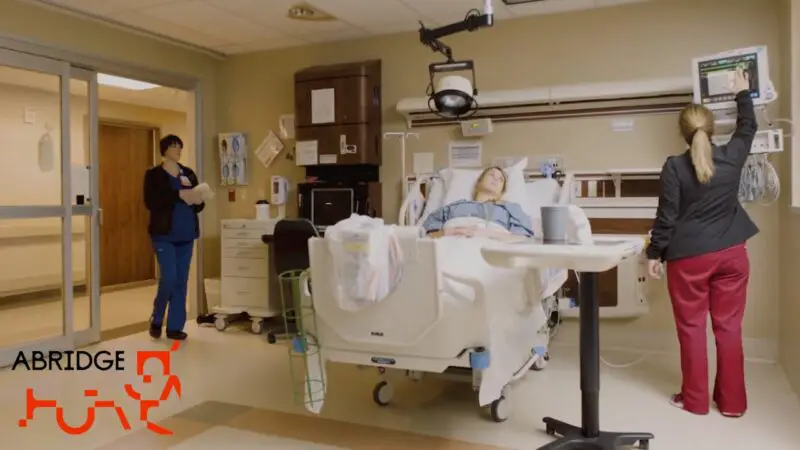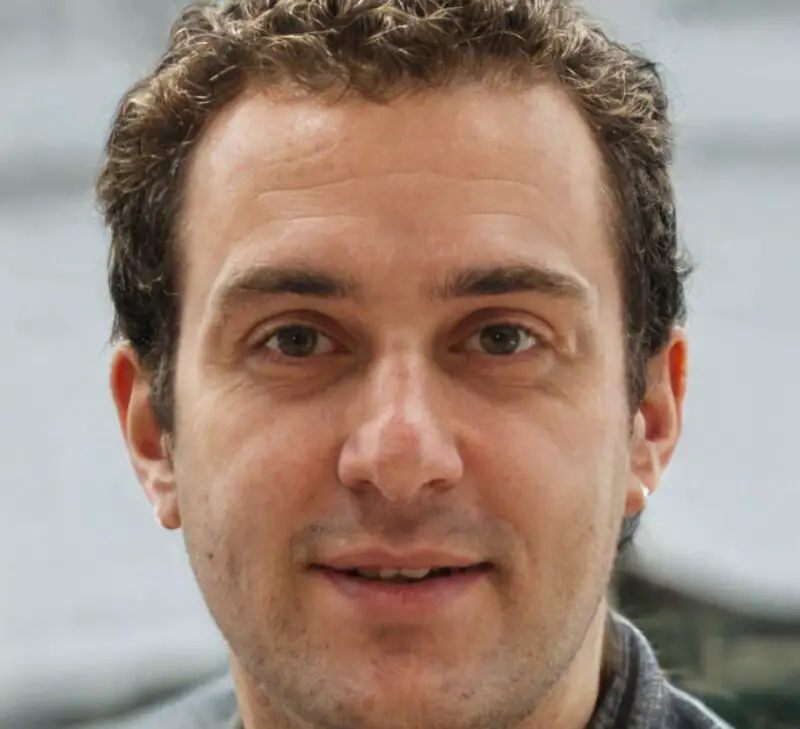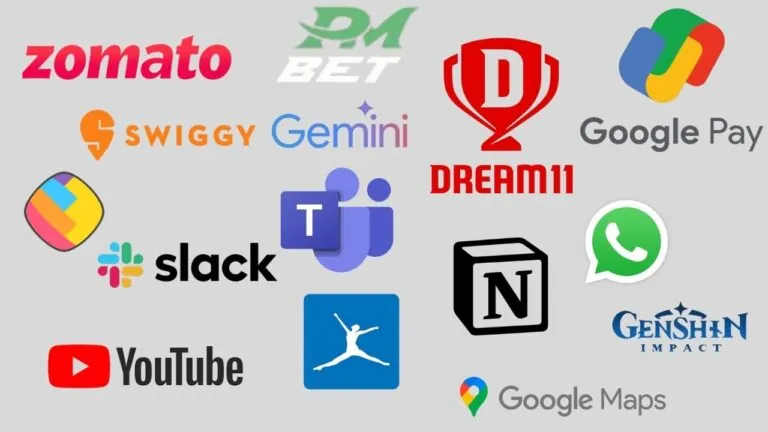When health-focused venture capitalists are asked to name a top AI startup, one name comes up repeatedly: Abridge, a Pittsburgh-based company. This startup launched before OpenAI became widely known and before large language models became a common term in Silicon Valley.
In 2019, Shiv Rao, a practicing cardiologist, pitched an idea to Andy Weissman, a general partner at Union Square Ventures. Rao described it as “SoundCloud plus RapGenius for medicine.”
While Weissman found the comparison between an AI-powered medical note-taking app and music hosting and lyrics transcription amusing, the concept resonated with him.
Rao highlighted that doctors spend up to two hours daily, often outside regular hours, typing notes summarizing patient discussions. This administrative burden has been a significant factor in physician burnout, with some leaving the profession. Rao convinced Weissman that AI innovations could significantly reduce the time doctors spend on paperwork.

This was long before generative AI became a mainstream interest for venture capitalists.
“It was a pretty wacky idea. No one had done it before,” Weissman said.
However, Weissman and other USV partners were impressed that Rao was not only a physician at the University of Pittsburgh Medical Center but also a corporate venture capitalist for the health system, investing in health tech startups. Additionally, Rao’s team comprised graduates and professors from Carnegie Mellon, a leading institution in engineering and AI research.
“[Shiv] had this rare combination of talents: an entrepreneur with an ambitious vision and an interesting team,” Weissman said. “It felt unique.”
Abridge had a basic transcription product that doctors could download for free on their smartphones and use during patient interactions. This usage data helped form the foundation of Abridge’s language model.
Over five years after USV led a $5 million seed round, Abridge has become one of the most talked-about and rapidly growing AI-powered healthcare businesses.
Despite general corporate caution towards adopting AI tools, large medical systems are eager to sign contracts with Abridge.

“The sales cycle for [health systems] can be 18 to 24 months,” said Rao. “When we started the company, we knew what we were in for.”
With a four-year head start on a virtual scribe product trained on thousands of doctor-patient conversations, hospitals are now buying Abridge at an unprecedented rate, contrasting with their usual slow purchasing behavior. Since early 2024, the company has announced a new health system customer almost weekly.
“We had built up all this potential energy that turned kinetic almost overnight in January,” Rao said. “University of Chicago, Sutter, Yale, Lee Health, Christus, Emory, and the list goes on and on.”
Large hospitals are purchasing multi-thousand seat licenses of Abridge and often provide glowing reviews about how the software is transforming physicians’ lives. Hospital executives and doctors describe Abridge as “life-changing,” “magical,” and “one of the most important paradigm shifts within our careers.”
One of the major criticisms of generative AI is its limited business applications. However, virtual medical note-taking appears to be a valuable use of this technology.
“I’ve got professional PTSD and war stories about seeing patients and then spending hours at night writing notes and doing clerical work that detracts from patient care and personal life,” Rao said.

With Abridge recording in the background, physicians can focus entirely on the patient without worrying about filling out specific fields in the medical record during the visit.
The ROI of AI-powered medical scribes is easy to measure, according to Dr. Lee Schwamm, chief digital health officer at Yale New Haven Medical System, an Abridge customer. That’s why so many health systems are adopting them, particularly Abridge. “It is one of the hottest products in the AI space at the moment,” he said.
When selecting a vendor in health tech, price and integration with Epic, a widely used EHR, are critical factors, Schwamm noted. Abridge, which supports 14 languages, including Haitian Creole, Brazilian Portuguese, and Punjabi, often wins head-to-head comparisons with other AI-powered medical scribes.
Earlier this year, Abridge integrated with Epic. After recording a session, a doctor can find a note in English inside Epic, ready for quick verification and editing.
While Abridge appears ahead of competitors like Microsoft-owned Nuance, Ambience, Nabla, and Suki, Schwamm is unsure if it can maintain its lead long-term.

“The big question is, do you need a dedicated medical language model to succeed in this space?” he asked. “Or will large models from GPT-4, Google, and Meta improve enough to match performance?”
This inquiry shows that it’s still early days for virtual medical note-taking and generative AI companies. The pace of innovation is rapid, and today’s leaders could easily lose their edge.
“Abridge is ahead by a length, but it’s early in the race,” Schwamm said. “A horse can stumble, or it can keep getting further ahead.”
For now, most investors agree that Abridge is leading the AI-powered medical scribe competition, attracting significant investment.
In February, Abridge raised a $150 million Series C led by Lightspeed Ventures at a valuation of $850 million.










